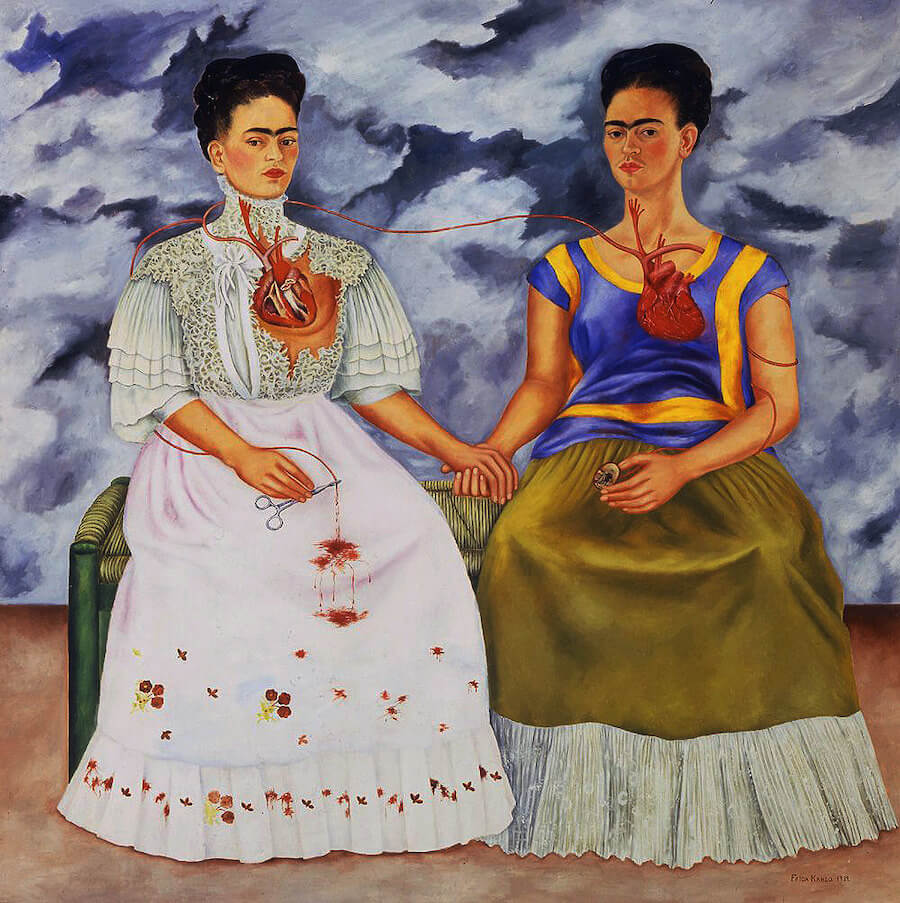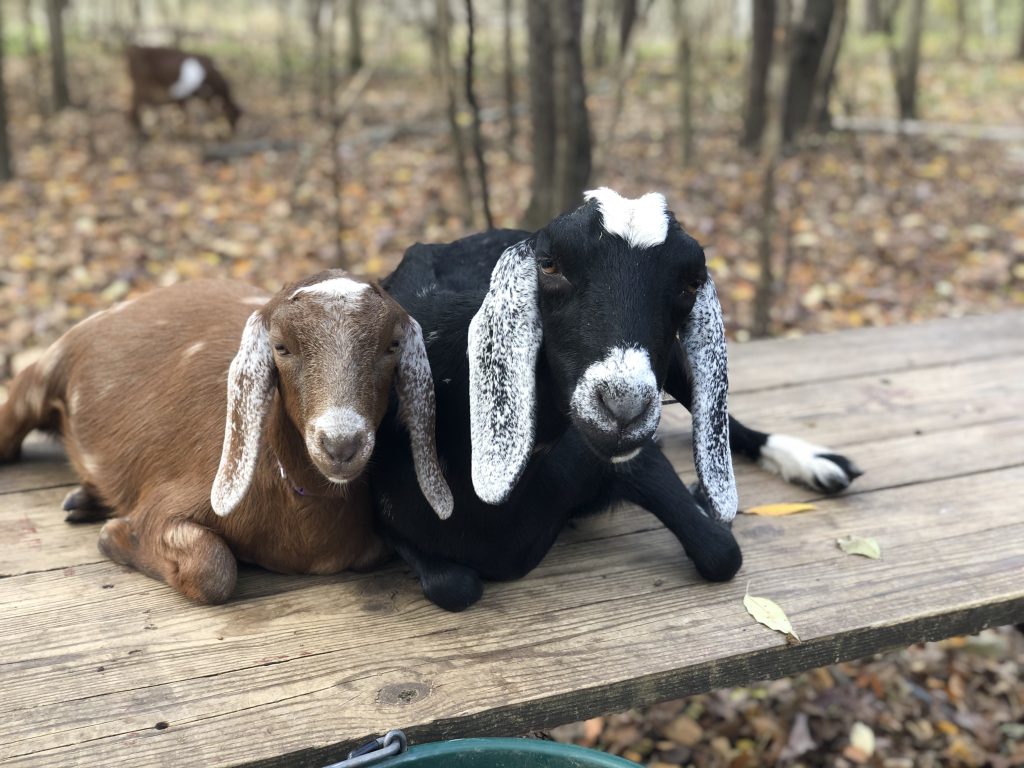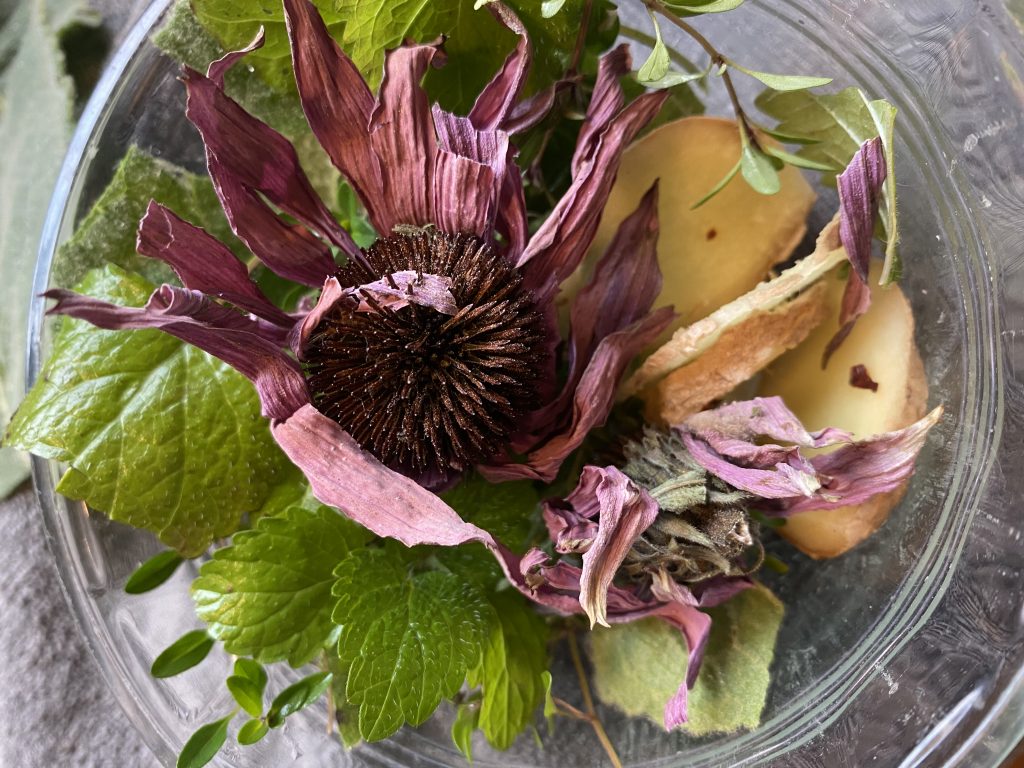On Art, AI, and Cultural Poverty
I just read a beautiful article written by Amanda Palmer (a lovely artist that I admire for so many reasons) all about Frida Kahlo. It was short and sweet and yet it said so much about why art is important to humans. Frida is an artist that we love because of her life. She had chronic pain, miscarriages, a cheating spouse, and she talked and painted about all of it during a time when the culture was not keen to look at these things- and yet every woman I know (and I’m sure every woman back then) on some level can relate. We stare at her work. We see the blood in these paintings and we think of our own bleeding, our own births, our own inner turmoil. We see her unibrow, bold and unapologetic, and we think, why can’t I also be beautiful as myself? I could go on and on about Frida, but really I want to look at this in contrast with the current issue of the ethics of AI art.

I have a friend who has gotten really into AI art. He started posting about it on social media and sang praises about how it would be a kind of great equalizer, liberating those who lack skill from whatever earthly limitations they face, now free to fly with their imaginations. Accessibility, a wonderful concept and something to strive for. Don’t I want art to be accessible to all? Of course. We are human beings- creativity and expression are integral to our soul’s wellbeing, I think. The argument tugged on my heart strings, but deep in my gut I felt as though something wasn’t right. Is AI just another tool? It’s not really a surprise that I can be a bit of a technophobe. At one point he even made a claim that he was a “farmer” planting “seeds” and allowing them to “grow” within the AI. More, and deeper discomfort. This time I’m perseverating about it as I milk the goats in the morning, talking to myself about how obviously this is different than staring at a screen for hours.

Ah, I’m defensive. Interesting. This is good. I appreciate being challenged. Is there an actual threat, here? Of course my friend was using the word “farmer” metaphorically, so what’s going on within me? I mused about how, consistent with good art, it’s been provocative and prompted hours of thinking. Do I really feel the need to shout from the rooftops that “I am an actual farmer (sort of) and they aren’t!”?! I’m sure that’s how so many artists feel right now. “I am real! I actually create from my heart and my life!”
I decide to sit on this issue, to let it marinate and change me. Next comes the AI selfie craze. A few of my friends post a dozen captivating portraits of themselves, causing me to pause and appreciate how each one conjures up a part of their unique essence. It’s wild and I am overcome with curiosity. I really want to see myself through that lens. I ask someone how to do it, and I get the app and upload some photos of myself. Even my mom, who barely touches stuff in this realm, is enamored and asks us how to do it. The portraits that I got were interesting, but the broader social phenomenon is even more so. Not only did I find myself compelled to participate, but I even threw a few dollars at it! An interesting soup of emotion follows as I start to see the articles about how unethical this is, claiming that it’s stealing from actual artists. I am a little ashamed. How quickly a tug on my vanity had me indulging in something I already had some ethical misgivings about.

I decide to take that as the lesson and be kind to myself. After all, this can’t be about purity or having all the answers. This techno-cultural landscape is new to us all, and changing so fast. It’s our responsibility to navigate it, and part of doing that is by staying curious, agile, and humble. In the end I’m feeling glad that it “got me”, I needed the insight.
Next I witness a flush of people relativizing the issue. They posit that no ideas are original, that we are all influenced by each other and the work that came before. Is this about who gets credit? Is this about art as a business and a career? Is this about intellectual/artistic property? I suppose it is, on some level. Those arguments feel shaky, though, and somehow beside the real point. Following that thread, a friend of mine posts an article by Seth Godin who questions whether or not this could technically be “theft”, considering that all art is influenced and inspired by the work of others. “That’s how culture evolves. Taking an idea isn’t theft. Taking an idea is an oxymoron. Ideas belong to all of us.” I fundamentally agree with this, and yet, my gut still isn’t willing to settle. He also says “GPT and other AI tools don’t actually know anything. They’re pattern matchers and pattern extenders. And those patterns are called culture.”
Ah, this. Culture. Is that all it is? Patterns? Let’s talk patterns. Patterns have some pretty juicy spiritual insights if we are willing to look at them. We are a culture rooted in patterns of colonialism and theft. We are a culture that is steeped in a mythology of transcendence and progress, a mythology that reinforces hierarchies and exploitation as a condition of our collective success. We are also death phobic. We have a pattern of pushing death to the fringes, out of our collective periphery, and in doing so we create landscapes of incredible suffering and disconnection. As a single example, when agricultural tech ravaged small farms and communities, and the people cried out that it was hurting them? The response was that it was a great liberator, and that we’d all benefit from the convenience. They said that no one in their right minds actually wanted to do such simple lowly work. Once that transition was complete, there was no reason to disagree with the narrative, since almost none of us had any working memory of the alternative. Now we have a culture that relies on industrial food, and we have enslaved landscapes and dead soil, as well as farmers who are in perpetual debt without any successor for the relatively thankless trade. That’s just one example of what our cultural patterns have yielded. What if inhabiting the consequences of living in place is exactly the thing that keeps us all well, that brings us purpose, that gives our lives meaning, that keeps us responsible and loving and in touch with the living world?
I’ve heard the grief worker/storyteller Stephen Jenkinson define culture before. I struggled to find an actual quote, but he said something along these lines: Culture is the response of a group of people to the consequences of living together in a place, over time.

Our art is no different. Art is born from our distinct relationship to place- from the lived experience of our pain, our limits, our joy. Now we have a recognizable salesman at the door. He says “I’m here to liberate you, to help you transcend your human limits.” Right in front of us, right this very second, we can hear the cry of our artists- our precious culture workers- saying “No, this is hurting us, this may kill us and strip it all of its meaning and wisdom.” What if meaning is spiritual nutrition? Are we willing to farm this out (to use my friend’s metaphor), to spread this particularly sacred human seed all over a synthetic landscape in the name of progress?
Jenkinson also speaks on indigeneity, saying it’s about a collective memory. Patterns. To quote him in this interview:
“One of the first casualties of mauling a piece of ground, is that all of the terrestrial memories that humans have that helped them locate themselves in time and in place and in purpose and in meaning, in life and so on… all the markers are gone. They have to internalize them instead. So these become all personal association projects instead of place recognition projects. You know once upon a time, the word ‘indigenous’ meant ‘to be born inside’. That means that the quality of being an indigenous person is the quality of being able to locate yourself, the meaning for your life and the occasion for it, in a particular place, in the form of your birth place. Which we kind of goofily record on our birth certificates. But what does it mean though? Is there meaning that’s derived from it? You know, and the best part of the answer is, you’re joking. But indigenous people, once upon a time, if they’re living the meaning of the word, did so constantly. They knew themselves to be children of a place. So the center of their ‘identity’, to use a terrible modern word- there was no ‘human’ in the center of their identity. So their lineage brought them constantly back to place… the beginnings were the place. In other words the beginnings were pre-human, the beginnings of all humans were pre-human places. So what happens to any capacity to live accordingly, and to take upon yourself the radical etiquette of being a guest in your home place? What happens to any of it? When it’s mauled by people and their lifeways who’ve so long ago forsaken a capacity to belong anywhere. That their lack of belonging becomes their lifestyle.”
I struggle with idealizing the world and imagining it without this or that “toxic” thing. I imagine my life in community, intact cultures that know the needs of the land and live in such a way that we can do so indefinitely. When I do this, though, I become a victim, an individual consumer of a world where I’ve been cheated of my fair share. I wring my hands at the sky and feel entitled to something different. This is understandable and may even contain some truth, but it’s an immense waste of time. It’s also incomplete. It forgets that I am a necessary participant, I am one who builds culture with my life- precisely by my willingness to inhabit the consequences of the time I’m in. We are the ones responsible for remediation, whether we like it or not.
To continue with that Jenkinson interview: “…I’m acknowledging that the days of rehabilitation, they’re done. They’re over before they started. There’s no purity to hanker after. What you gotta do, not that I’m much of a solution guy, what you gotta do is revisit the gross limitations that come with your way of life. And then begins the act- the slow, painful, heartbreaking act of translating what has been done, in your name by your predecessors, into a way of life that’s not self-serving and doesn’t prolong the dilemmas that have brought you to this crisis of conscience. You have to translate the crisis of conscience into an action that is neither guilt delivered or escapist.”

No wonder I bristle at my friend’s proposition of transcendence. Because for myself and many others, the limitations and the grief and the love are what make the art and the farm and any of it. It’s the work. It’s the way that life itself checks our work. We have to stop trying to transcend our poverty and instead look it squarely in the face. This is very tricky spiritual territory. We have to be willing to lay our humanity down, to build soil with it, to stop stripping these various landscapes.
Latest posts by Gracie (see all)
- The Encounter - April 19, 2024
- On Practice - February 23, 2024
- Seeds that grow - February 19, 2024
Comment
Thanks for this thoughtful post. I love your connection of Freida to the debate about AI “art.”
thanks for your thoughtfulness and weaving these topics together in such a clear way! and thank you for the reminder and links to Stephen Jenkinson. sending gratitude and care!